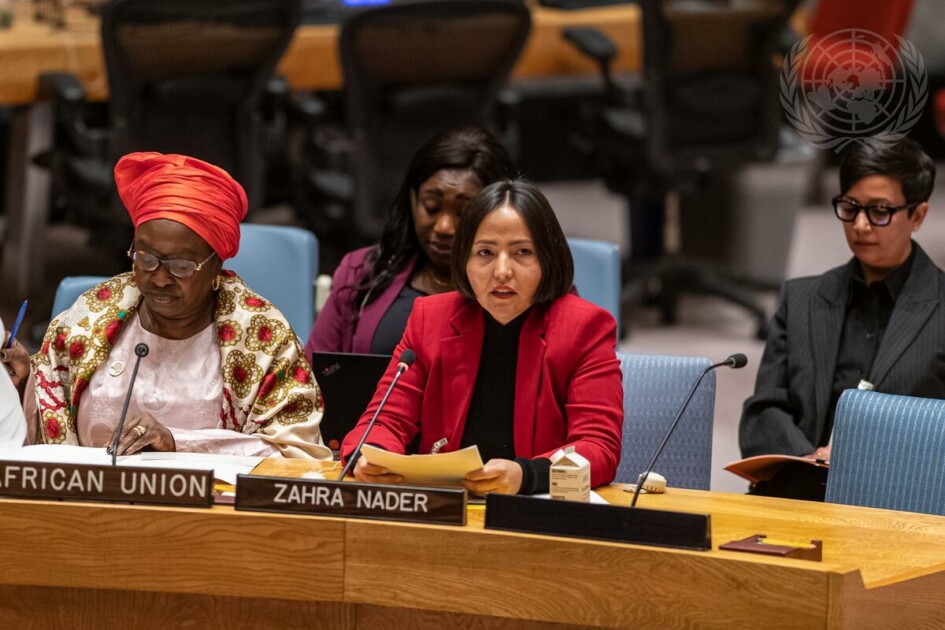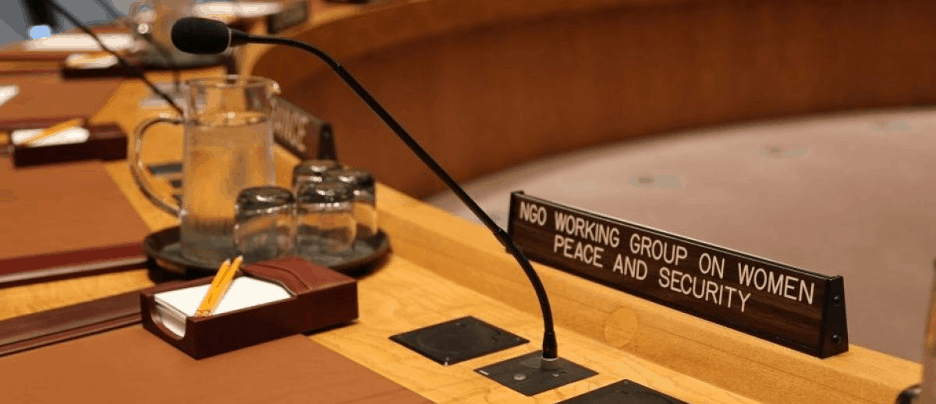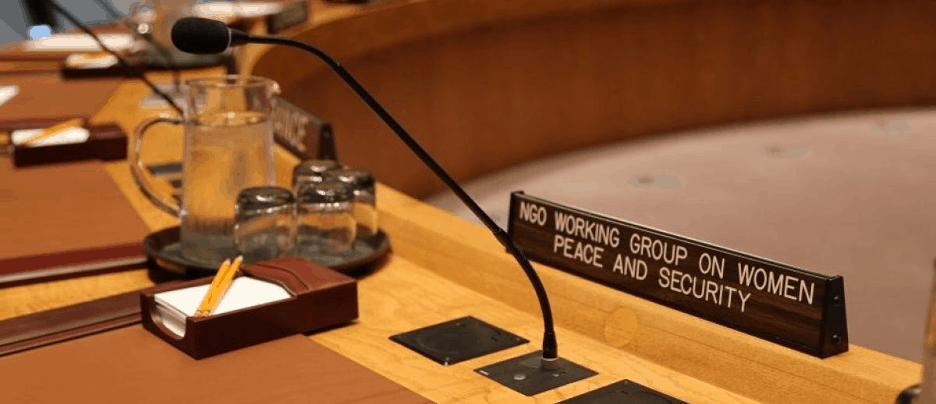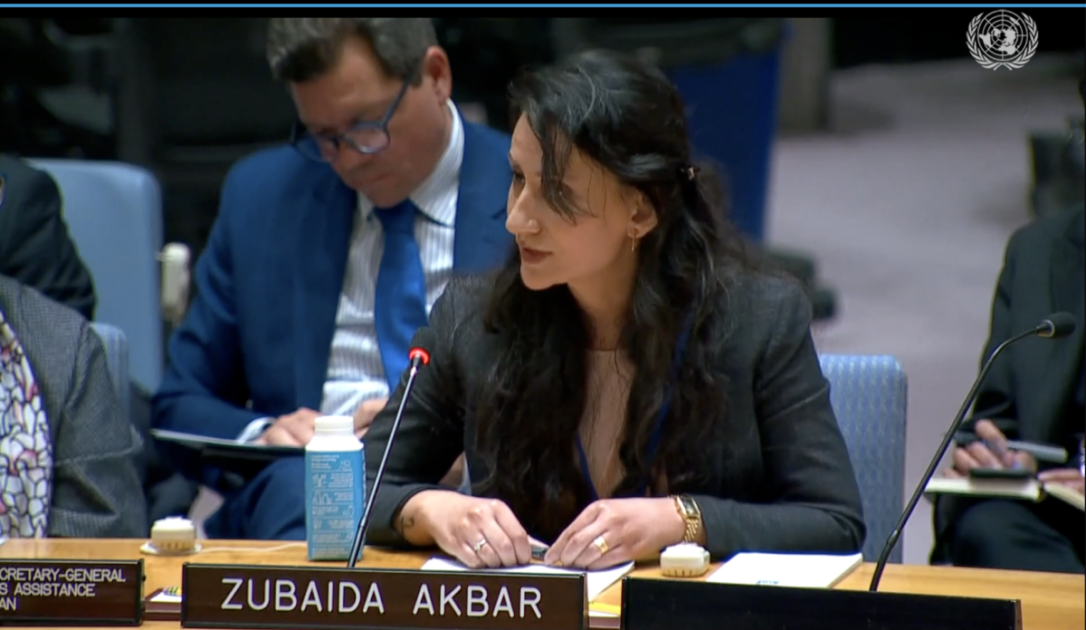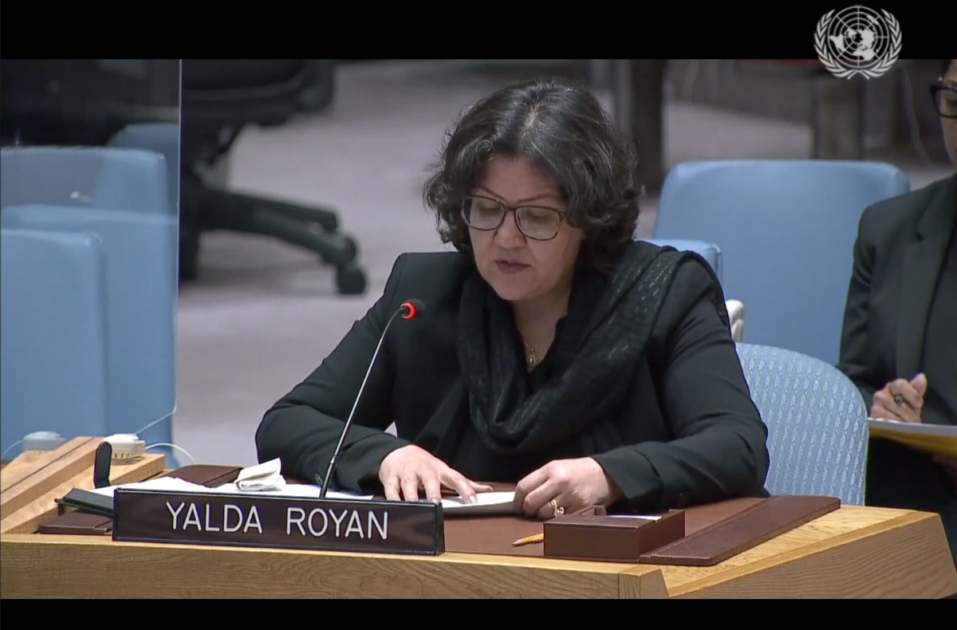Afghanistan
Afghanistan
Afghanistan has been engulfed in violent armed conflict since the fall of the Taliban regime in 2001, and efforts to build sustainable peace while preventing the re-establishment of extremist rule depend on the inclusion of women.
Living in the most dangerous place in the world to be a woman, as the Thomas Reuters Foundation revealed in 2011, Afghani women have emerged as leaders in the peace process— advocating constantly for more inclusive government, and inspiring marginalized groups nationwide to demand a place in the political system. Despite the important role that Afghani women play in bringing about social change in Afghanistan, many barriers to their involvement still exist.
Based on the work of NGOWG members and their partners, the NGOWG advocates for eliminating these barriers by encouraging UNAMA to support the Afghan government in fully implementing the National Action Plan on Women, Peace and Security (NAP), and ensuring women’s full and equal participation in regularly held elections.
Current and Past Recommendations to the UN Security Council (Monthly Action Points)
In its discussion of the upcoming report of the UN Assistance Mission in Afghanistan (UNAMA), the Council should ensure that gender is a cross-cutting issue across any discussion and potential action. It is imperative that a gender analysis includes substantial information on the impact of conflict-related violence against women and girls, as well as details regarding the multiple, diverse roles women have in peace and security processes. In the latest report of the Secretary-General (S/2018/165) there were several positive examples of UNAMA’s activities focused on engaging civil society organizations (CSOs), including women’s groups, particularly at the provincial level of the Afghan People’s Dialogue on Peace; any planning should take into account issues raised by women and women’s groups, and communicated in both reports and briefings to the Council (S/RES/2242 (2015)). Furthermore, in discussions of the forthcoming presidential and parliamentary elections, it is imperative that challenges to women’s participation is a particular focus, especially in light of the attacks on voter registration centers in April and May 2018, which resulted in 271 civilian casualties (UNAMA). Additionally, there is an urgent need for international partners to provide concrete support for women’s groups in Afghanistan to undertake efforts that engage women in the electoral process and ensure participation at every step of the process, including voter registration, training candidates to run for office, and the provision of security at registration centers. Positively, there has been an increase in the number of women appointed to senior level positions; this must be continued, increased, supported, and replicated at local and regional levels (CEDAW/C/AFG/CO/1-2). Finally, the international community must demonstrate its continued commitment to the Afghan people by increasing efforts to support women’s voices in peace and security decision-making – during peace talks, in consultations, and in implementation – including through support to the implementation and localization of the women, peace and security (WPS) agenda, particularly given the sustained violence against Afghan women leaders and human rights defenders (HRDs) (S/RES/2242 (2015)).
Relevant Resources



